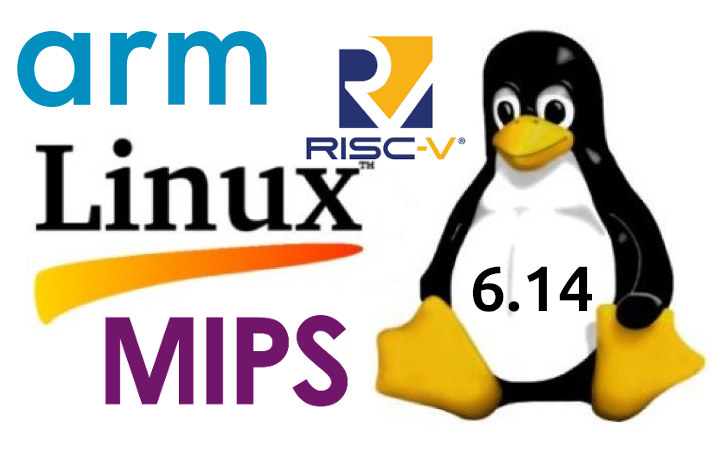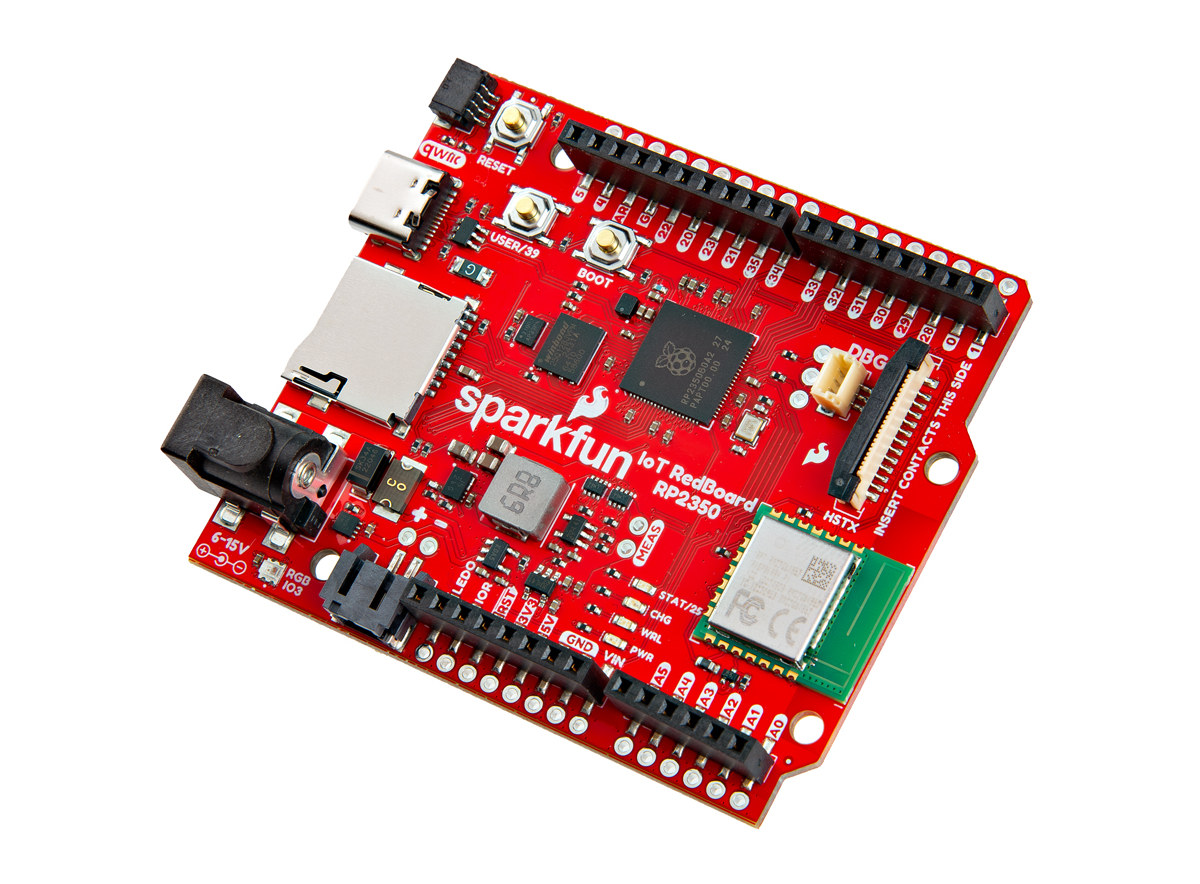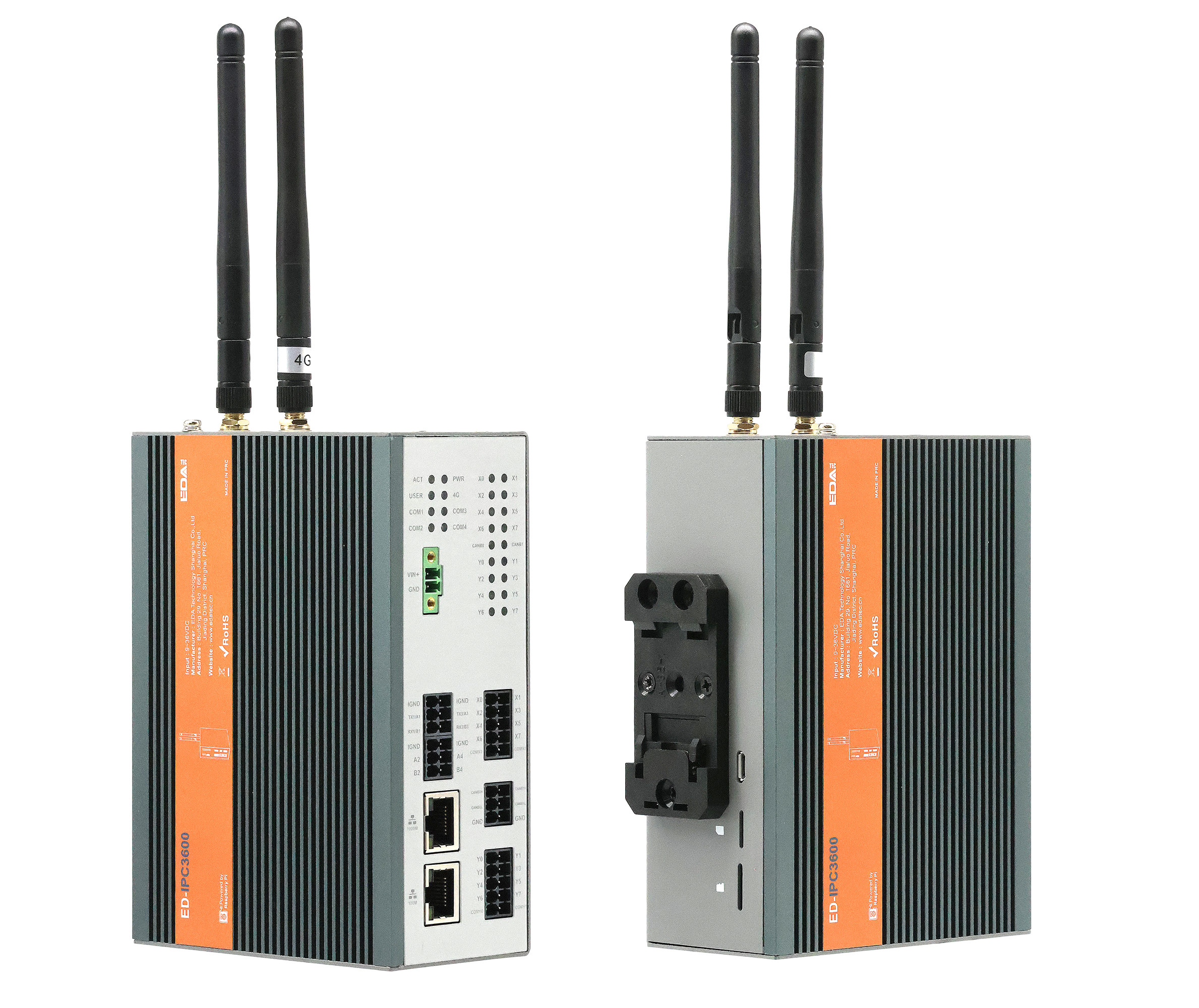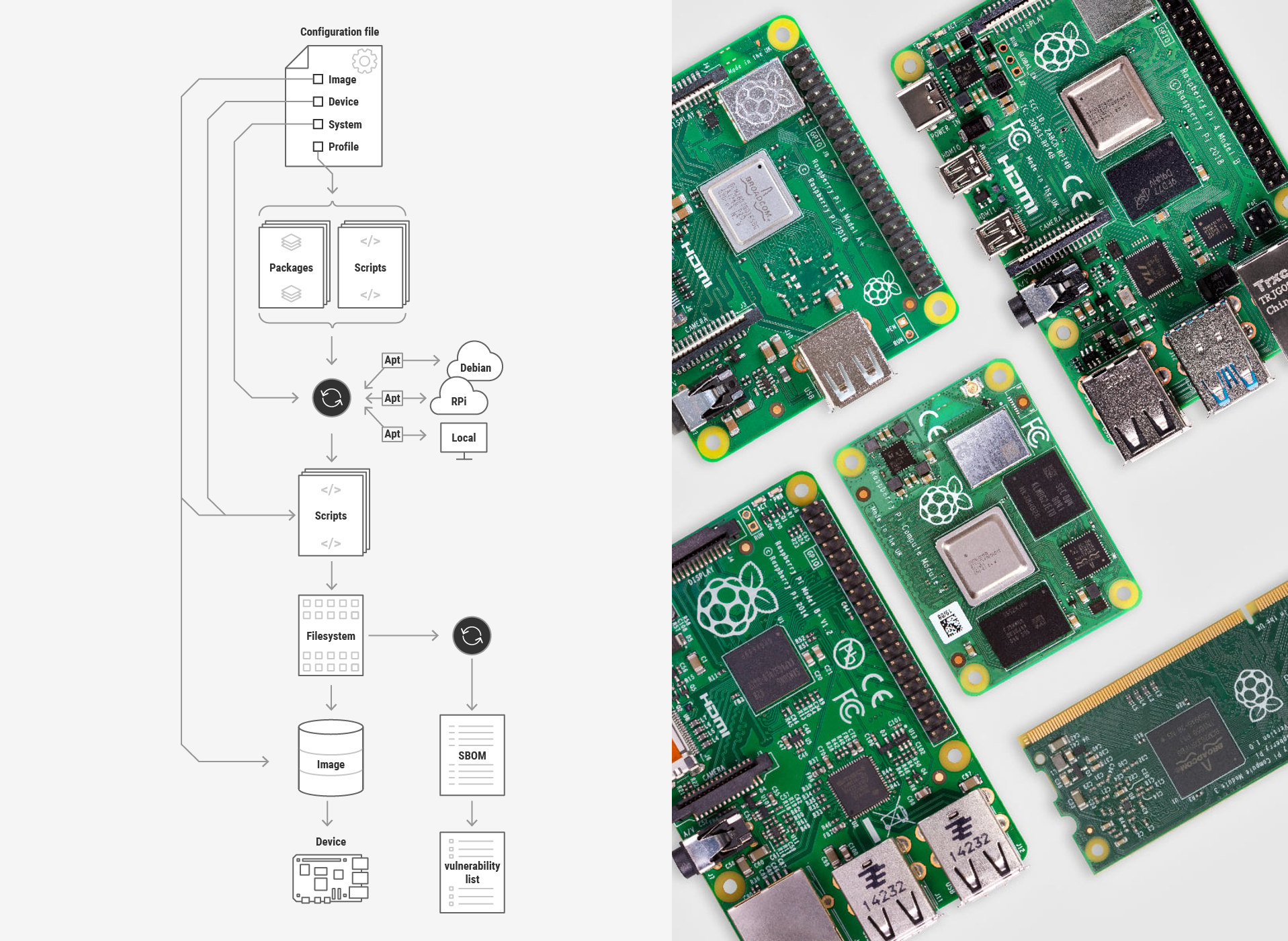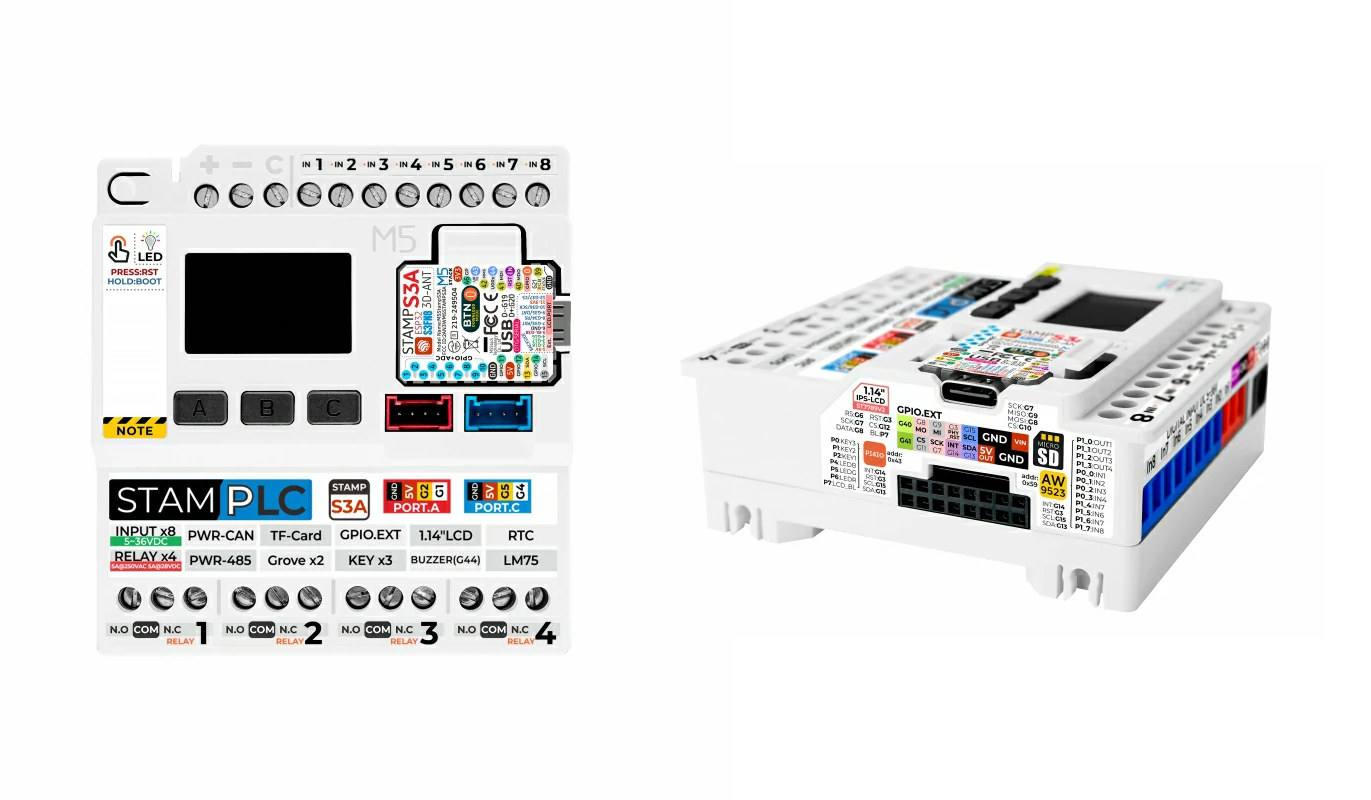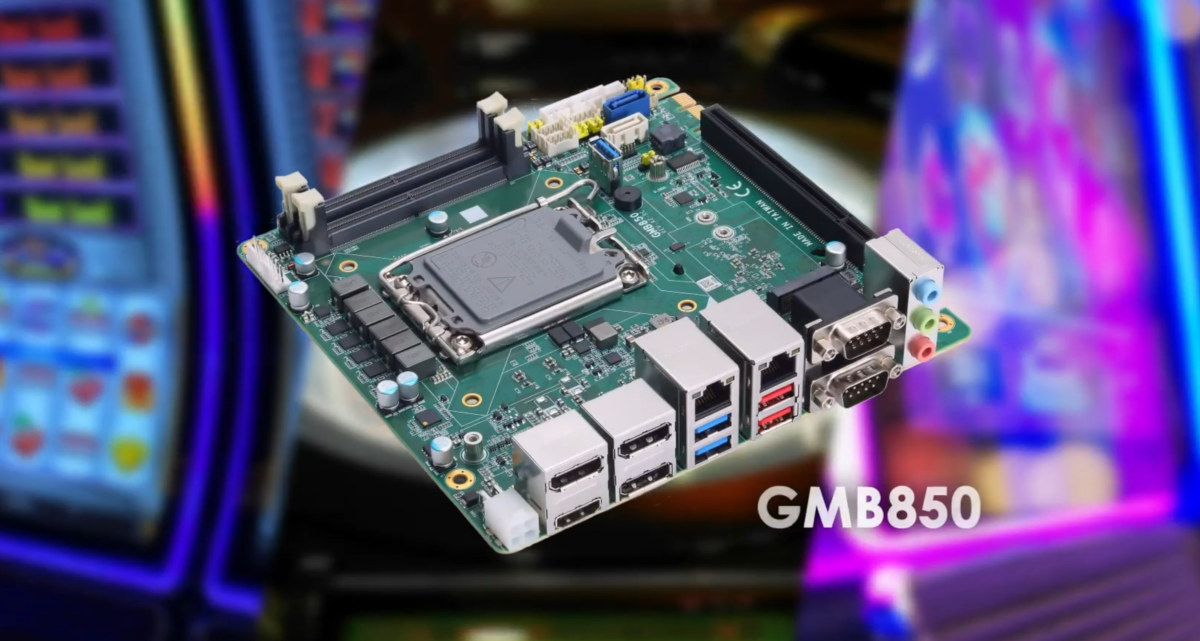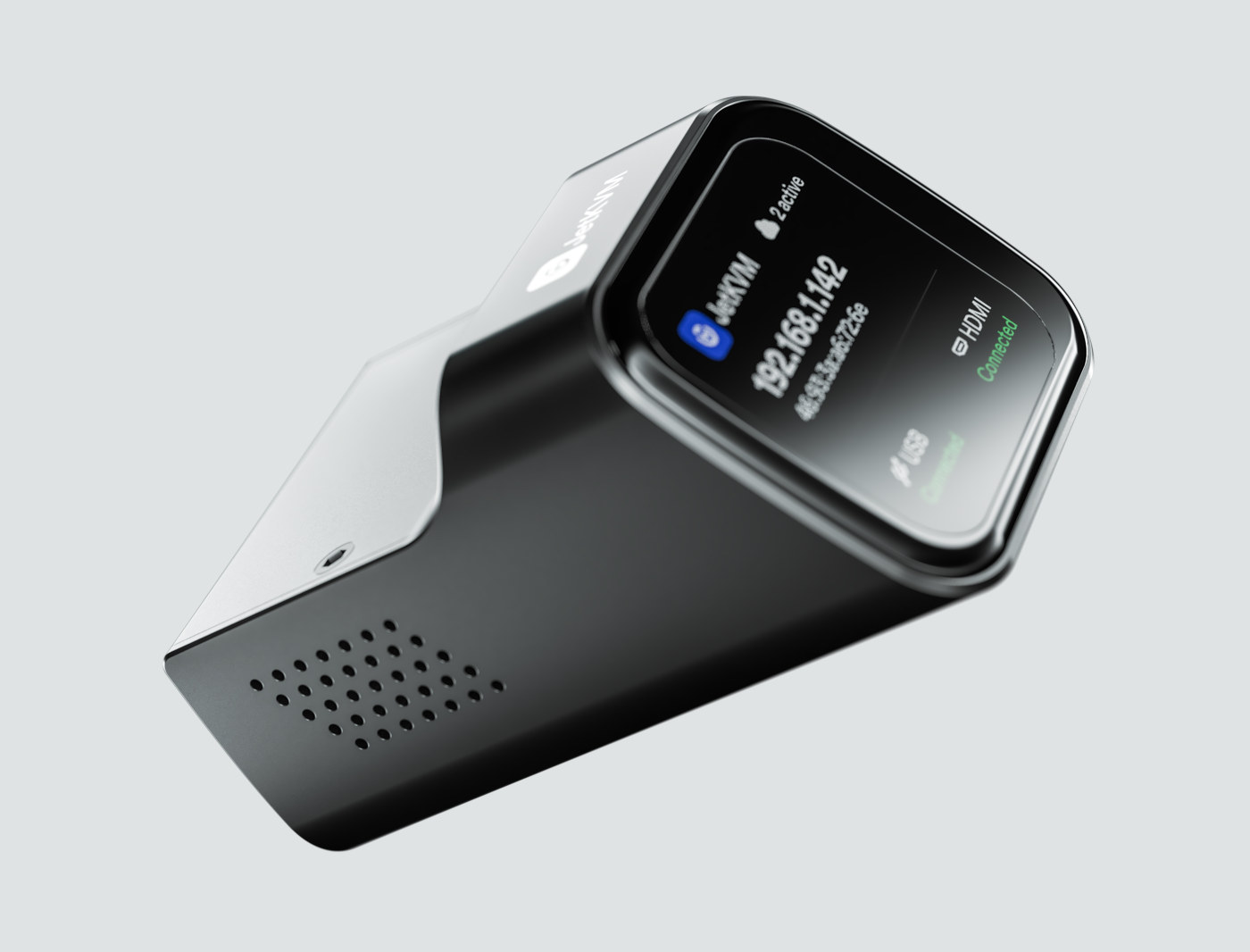Linus Torvalds has just announced the release of Linux 6.14 on LKML: So it’s early Monday morning (well – early for me, I’m not really a morning person), and I’d love to have some good excuse for why I didn’t do the 6.14 release yesterday on my regular Sunday afternoon release schedule. I’d like to say that some important last-minute thing came up and delayed things. But no. It’s just pure incompetence. Because absolutely nothing last-minute happened yesterday, and I was just clearing up some unrelated things in order to be ready for the merge window. And in the process just entirely forgot to actually ever cut the release. D’oh. So yes, a little delayed for no good reason at all, and obviously that means that the merge window has opened. No rest for the wicked (or the incompetent). Below is the shortlog for the last week. It’s nice and […]
Shelly launches Gen4 multi-protocol smart switch family with Wi-Fi, Bluetooth, Zigbee, and Matter
Shelly Group has just launched its Gen4 multi-protocol smart switch family supporting Wi-Fi, Bluetooth, Zigbee, and Matter protocols for the Smart Home. The company specifically introduced five new products: the Shelly 1 Gen4 one-channel, dry contact smart switch, the Shelly 1PM Gen4 smart switch with power monitoring, Shelly 1 Mini Gen4 compact smart switch for lights and small appliances, the Shelly 1PM Mini Gen4 compact smart switch with power metering, and the upcoming Shelly EM Mini Gen4 energy meter. Let’s have a quick at each product. Shelly 1 Gen4 smart switch Shelly 1 Gen4 specifications: Wireless SoC – ESP-Shelly-C68F Based on ESP32-C6 RISC-V SoC Storage – 8MB flash Wireless – 2.4 GHz WiFi 6, Bluetooth 4.2, and 802.15.4 radio for Zigbee and Matter Wireless parameters WiFi 6 Max. RF power – < 20 dBm Range – Up to 30m indoors, 50m outdoors Bluetooth 4.2 Max. RF power – < 4 […]
SparkFun IoT RedBoard – Raspberry Pi RP2350 or ESP32 WiFi & Bluetooth boards with Arduino UNO R4 form factor
SparkFun has just launched the “IoT RedBoard – RP2350” and “IoT RedBoard – ESP32” boards with Arduino UNO R4 form factor based on respectively Raspberry Pi RP2350B + RM2 wireless module and ESP32-WROOM-32E WiFi and Bluetooth module. Both boards feature Arduino UNO headers and a Qwiic connector for expansion, a microSD card for storage, battery support, USB and DC jack power input, plus a few buttons and LEDs. The RP2350 board also adds an HSTX connector mainly useful for controlling HDMI or SPI displays. Sparkfun IoT RedBoard specifications: MCU sub-system and wireless RP2350 model MCU – Raspberry Pi RP2350B CPU Dual-core Arm Cortex-M33 @ 150 MHz with Arm Trust zone, Secure boot Dual-core RISC-V Hazard3 @ 150 MHz Up to two cores can be used at any given time Memory – 520 KB on-chip SRAM Memory – 8MB PSRAM Storage – 16MB Flash Wireless module – Raspberry Pi RM2 2.4 […]
EDATEC ED-IPC3630 Raspberry Pi CM5-powered industrial PC gets eight DI, eight DO, and two CAN Bus
EDATEC ED-IPC3630 is an industrial PC (IPC) built around the Raspberry Pi Compute Module 5 (CM5) with up to 8GB RAM and designed for industrial automation, IoT, and control applications with features like a wide 9V to 36V DC power input and a DIN-rail mount. The industrial computer also offers dual GbE, optional WiFi 5 and/or 4G LTE cellular connectivity, HDMI video output, a few USB ports, eight digital inputs (DI), eight digital outputs (DO), and two CAN Bus interfaces. ED-IPC3630 Specifications: SoM – Raspberry Pi CM5 SoC – Broadcom BCM2712 quad-core Cortex-A76 processor @ 2.4GHz with VideoCore VII GPU System Memory – 2GB, 4GB, or 8GB LPDDR4-4267 SDRAM (the 16GB model is not offered, maybe due to supply issues) Storage – Options for 16GB, 32GB, or 64GB eMMC flash Wireless – Optional dual-band WiFi 5 and Bluetooth LE 5.0 module Storage M.2 Key-B socket optionally fitted with 128GB, 256GB, […]
rpi-image-gen build system creates custom images for Raspberry Pi boards
Raspberry Pi has just released the rpi-image-gen build system to generate custom Raspberry Pi images designed for a specific application and based on packages from the Debian and Raspberry Pi OS repositories I was initially surprised by this announcement, as there are already build tools like the Yocto Project or buildroot designed for this purpose. They are however somewhat complex to use and there’s a steep learning curve, so maybe Raspberry Pi made something easier to use. Let’s have a look. The build is mostly defined by a configuration file which defines the profile and image layout. The company explains the main reasons for creating yet another build system. First, the images are quick to build with the rpi-image-gen build system since you don’t have to build the whole project from source, contrary to something like the Yocto Project which can take hours (for the first build at least). That’s […]
M5Stack StamPLC – An ESP32-S3-based PLC with opto-isolated inputs, relay ouputs, RS485, CAN Bus, and more
“M5Stamp PLC Controller with M5StampS3” or just “M5Stack StamPLC” is a programmable logic controller (PLC) based on the StampS3A ESP32-S3 wireless module and offering 8 opto-isolated digital inputs, 4 relay outputs supporting both AC and DC loads, plus RS485 and CAN Bus interfaces. The DIN Rail IoT controller also features a 1.14-inch color display, a RESET/BOOT button, 3 user buttons, and a buzzer or user interaction. The M5Stack StamPLC also integrates an LM75 temperature sensor and an INA226 voltage/current sensor, as well as a microSD card slot for data storage, and it can take a wide voltage input between 6 and 36V DC. M5Stack StamPLC specfications: Control Module – StampS3A (similar to M5Stamp S3) SoC – Espressif Systems ESP32-S3FN8 CPU – Dual-core 32-bit Xtensa LX7 microcontroller with AI vector instructions up to 240MHz, RISC-V ULP co-processor Memory – 512KB SRAM Storage- 8MB flash Wireless – 2.4GHz WiFi 4 (802.11b/g/n), Bluetooth […]
Axiomtek GMB850 Raptor Lake Refresh mini-ITX motherboard GMB850 is made for casino gaming machines
Axiomtek GMB850 is a mini-ITX motherboard powered by up to 14th Gen Intel Raptor Lake-Refresh processors and designed for casino gaming machines requiring advanced features like gaming analytics, real-time player interaction systems, and dynamic content management. While mini-ITX motherboards may serve multiple markets, there’s a specific market for casino and arcade gaming often using AMD processors. We’ve previously covered such boards in the past with the AMD Ryzen Embedded V2000-powered Sapphire FS-FP6 or the AMD Ryzen Embedded V1000/R1000-based Axiomtek GMB140. Axiomtek Gaming’s GMB850 is a more powerful update with Intel Raptor Lake Refresh processors supporting up to four independent displays with up to 4K resolution and gaming I/O modules making it suitable for casino slot machines, electronic table games, and video walls. Axiomtek GMB850 specifications: SoC – LGA1700 socket for 12th/13th/14th Gen. Intel Core i9/i7/i5/i3/Pentium/Celeron “Alder Lake-S” or “Raptor Lake-S” processor System Memory – Up to 64GB DDR5 4800 MHz […]
JetKVM – A $69 KVM over IP solution with open-source software
We’ve been writing about some low-cost KVM over IP solutions like the Sipeed NanoKVM Cube or GL.iNet Comet in recent times, but the JetKVM has been pointed out to me as another alternative with the benefit of having open-source software (which the NanoKVM also got last month). The JetKVM was launched for $69 on Kickstarter last fall and the crowdfunding campaign was amazingly successful with over 4 million dollars raised from just over 30,000 backers. Key features include 1080p60 video with 30-60ms latency using H.264 encoding, mouse and keyboard emulation, remote management via JetKVM Cloud using WebRTC for accessing the devices from outside the LAN, and open-source software written in Golang on Linux. JetKVM specifications: SoC – Rockchip RV1106G3 CPU – Arm Cortex A7 @ 1.0GHz VPU – H264 & H265 hardware encoder Memory – 256 MB DDR3L on-chip Storage – 16 GB eMMC flash Display – 1.69-inch IPS capacitive […]


